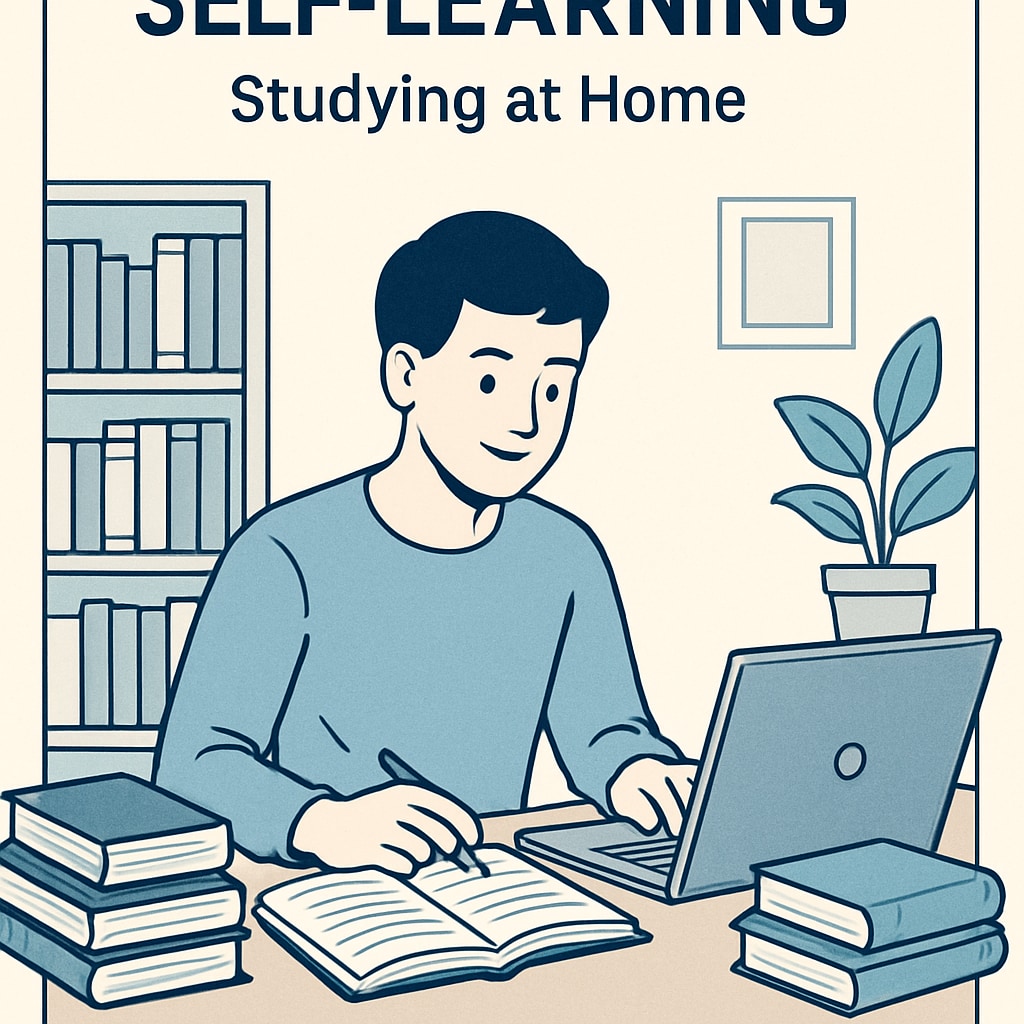At the age of 18, many adults contemplate whether to pursue formal schooling or embark on a self-learning journey. This crossroads often involves concerns about school education, age-related doubts, and self-study capabilities. Making the right decision requires understanding the benefits, drawbacks, and long-term implications of each option.
The Advantages of Formal Schooling
Formal education provides structured learning environments, access to qualified instructors, and a recognized diploma or degree, which can be crucial for professional opportunities. For example, certain careers like medicine, law, or engineering strictly require formal qualifications. Additionally, the social aspect of schooling can help students develop networks, improve interpersonal skills, and enjoy a sense of community.
- Structured Curriculum: A clear learning path ensures individuals cover essential topics and receive guidance throughout their studies.
- Professional Recognition: Degrees and certifications are often prerequisites for many career paths.
- Social Interaction: Opportunities to collaborate with peers and mentors foster personal and professional growth.
However, formal schooling can be expensive, time-consuming, and may not suit everyone’s learning style.

Self-Education: A Flexible and Independent Approach
For those who prefer autonomy, self-education offers flexibility to learn at their own pace and focus on areas of interest. With numerous online resources such as MOOCs and free educational platforms, motivated learners can acquire knowledge without the constraints of traditional schooling.
- Cost-Effective: Many self-learning resources are free or significantly cheaper than formal schooling.
- Customizable Learning: Individuals can tailor their education to specific goals and interests.
- Skill Development: Self-education emphasizes discipline, time management, and critical thinking.
Nonetheless, self-learning demands a high level of motivation and may lack the credibility of formal qualifications in certain fields.

Factors to Consider When Making Your Choice
Choosing between formal schooling and self-education depends on personal circumstances, career aspirations, and learning preferences. Here are some factors to keep in mind:
- Career Goals: If your desired profession mandates formal credentials, traditional schooling might be the better choice.
- Financial Constraints: Evaluate the costs of tuition, materials, and other expenses against the affordability of self-learning alternatives.
- Learning Style: Reflect on whether you thrive in structured environments or prefer independent exploration.
- Time Availability: Consider the time you can dedicate to education and whether you can commit to a full-time academic schedule.
For example, professions like coding or graphic design often emphasize portfolios and practical skills, which can be acquired through self-learning. On the other hand, regulated fields like healthcare or law typically require formal certifications.
Personalized Education Plans for Beginners
If you’re still uncertain, consider combining elements of both paths. For instance, you could enroll in a part-time college program while supplementing your studies with free online courses. Platforms such as Khan Academy and Coursera provide excellent resources to enhance your learning journey.
Another option is to seek mentorship from professionals in your field of interest. They can offer valuable insights into the best educational path for your goals. Additionally, volunteering or internships can provide real-world experience, helping you make informed decisions about your future.
Ultimately, the choice between formal schooling and self-education lies in understanding your unique needs, aspirations, and challenges. Whichever path you choose, investing in continuous learning will always be a step toward personal and professional growth.
Readability guidance: Use short paragraphs and lists to simplify complex ideas. Include relatable examples and ensure the tone is encouraging and informative.


